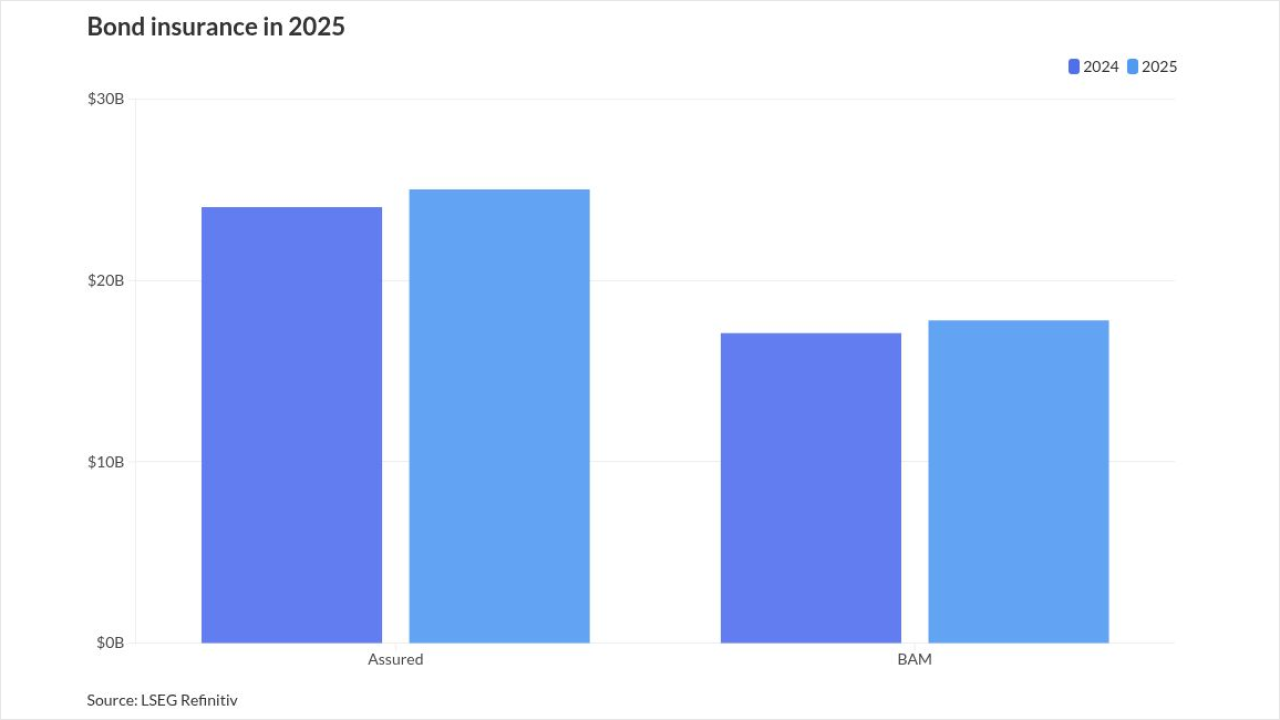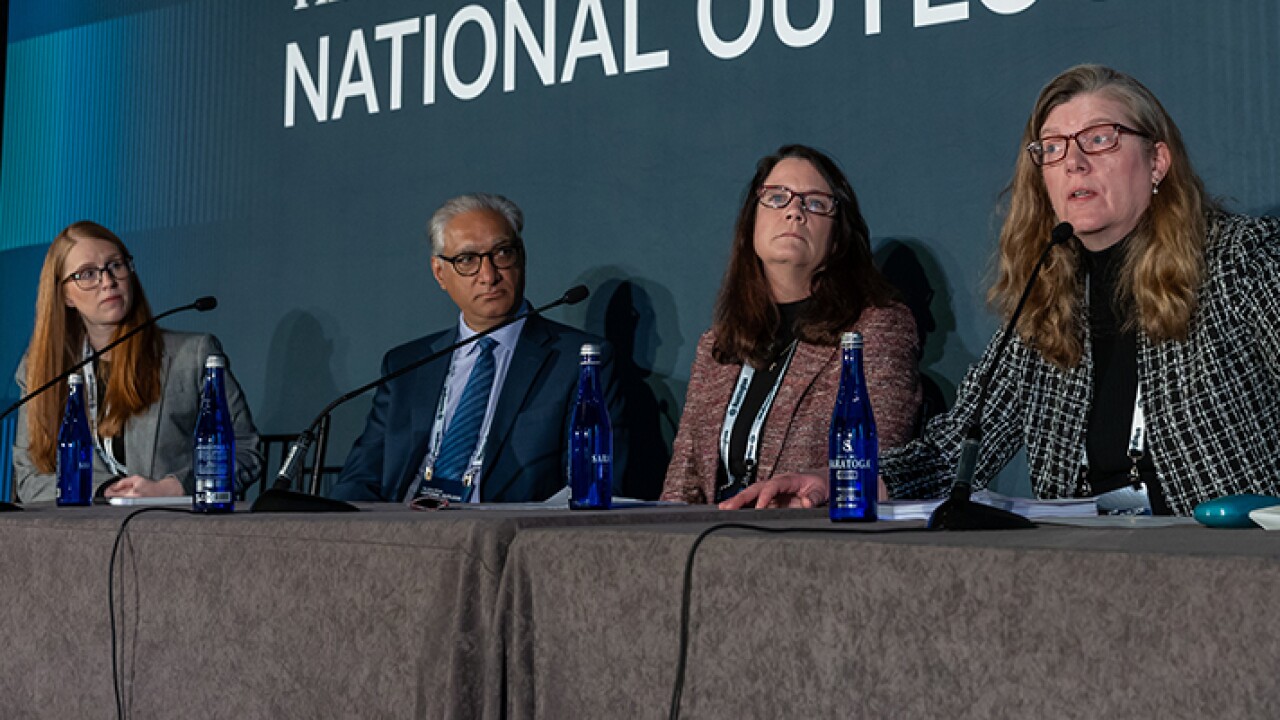CHICAGO - Chicago Mayor Rahm Emanuel and the Chicago Public Schools plan to expand early childhood education programs through a $17 million Social Impact Bond.
Emanuel introduced a measure paving the way for the loan to the City Council Wednesday. The Chicago Board of Education also must sign off.
The expansion which relies on an additional $4.5 million of state grants and $10 million in city capital funds will allow the school system to provide pre-kindergarten to more 2,600 additional children over the four-year term of the project.
The lenders -- Goldman Sachs Social Impact Fund and Northern Trust in senior roles and the J.B. and M.K. Pritzker Family Foundation as a subordinate lender -- are only repaid if students realize positive academic results. The program's goals include increasing school readiness, improving third-grade literacy, and reducing the need for special education services. The city said savings attained by reducing the need for special services and interventions would cover the loan's costs.
"By investing in the expansion of pre-kindergarten programs, we will set more students on the right educational path and eliminate the need and cost for additional educational supports," said Schools chief executive officer Barbara Byrd-Bennett.
The city's statement said Goldman Sachs and Pritzker pioneered the model being used in Chicago in a similar effort last year for disadvantaged children in Utah.
"Innovative models like social impact bonds and Pay for Success programs allow the private sector to provide the capital needed to expand successful initiatives in our cities and communities, shifting the risk of achieving targeted outcomes away from the taxpayer and enabling governments to pay only for what works" says Andrea Phillips, vice president for the Urban Investment Group at Goldman Sachs.
The IFF will serve as the project coordinator and will contract with an independent evaluator to analyze the program's outcomes.
With social impact bonds (SIBs), also called Pay for Success (PFS) contracts, a state or local government typically contracts with one or more service providers to obtain social services, such as reducing obesity or the percentage of juvenile offenders who end up in prison within five years after release. The government will pay based upon the provider's meeting certain specified performance targets, such as 10% reduction in recidivism. If targets are not met, the government does not pay.
There is often a several year lag between when services are delivered and when the results can be measured and government payments are made. Private investors bridge his cap, providing capital to fund the upfront operating expenses of the service provider. Typically a nonprofit entity helps develop the project, raise funds from investors, and coordinate key activities such as the contract and evaluation parameters.





